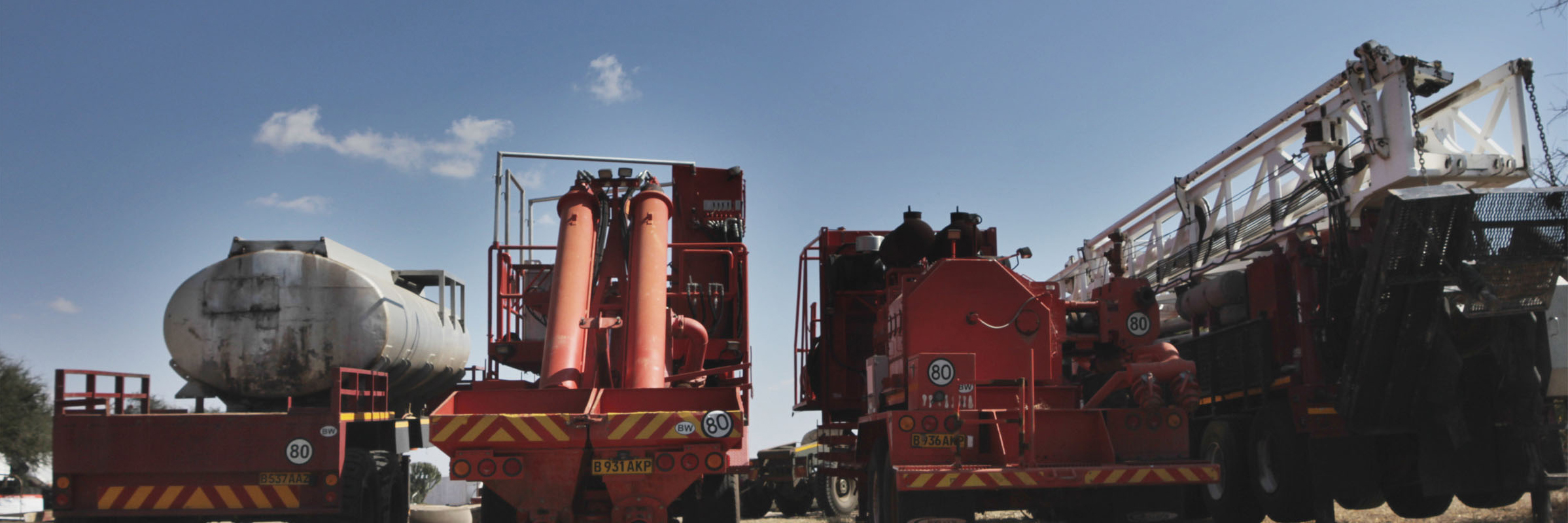Botswana is a country of 2,250,000 inhabitants which celebrated its 50th year of independence in 2016. Its government does not recognise any specific ethnic groups as indigenous, maintaining instead that all citizens of the country are indigenous. However, 2.9% of the population identifies as belonging to indigenous groups. These include the San (known in Botswana as the Basarwa) who number about 65,000; the Balala (1,950); and the Nama (2,400), a Khoekhoe-speaking people.
The San in the past were traditionally hunter-gatherers but today the vast majority consist of small-scale agro-pastoralists, cattle post workers, or people with mixed economies. They belong to a large number of sub-groups, most with their own languages, including the Ju/’hoansi, Bugakhwe, Khwe-Ani, Ts’ixa, ‡X’ao’aen, !Xóõ, ‡Hoan, ‡Khomani, Naro, G/ui, G//ana, Tsasi, Deti, Shua, Tshwa, Danisi and /Xaise. The San, Balala and Nama are among the most underprivileged people in Botswana, with a high percentage living below the poverty line. Among the San, only an estimated 300 people are full-time hunter-gatherers (0.5% of the total number of San in Botswana).
There are no specific laws on indigenous peoples’ rights in the country nor is the concept of indigenous peoples included in the Botswana Constitution.
International Work Group for Indigenous Affairs, The Indigenous World 2019



